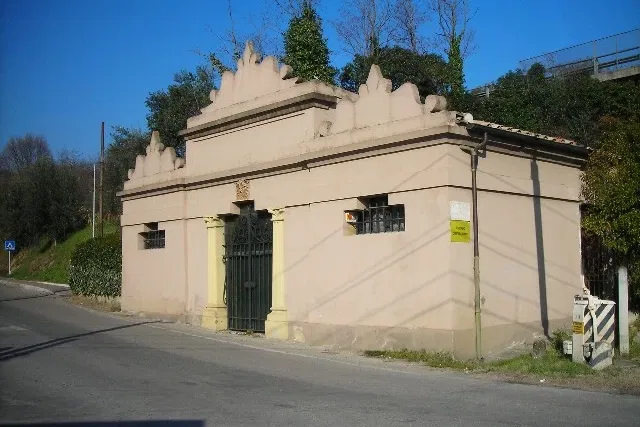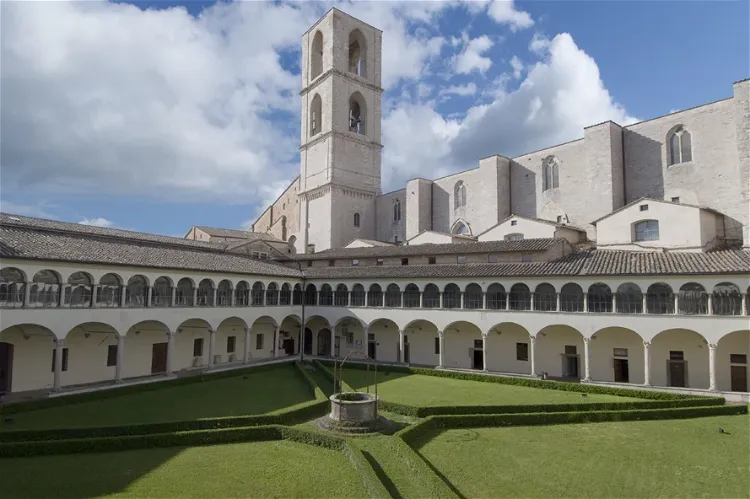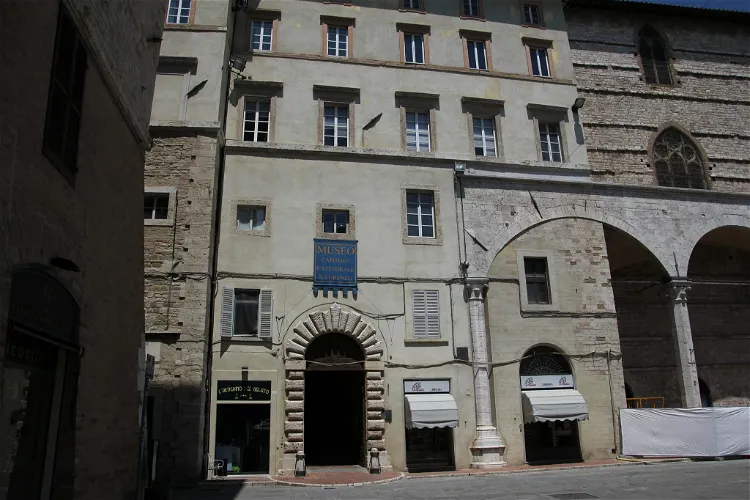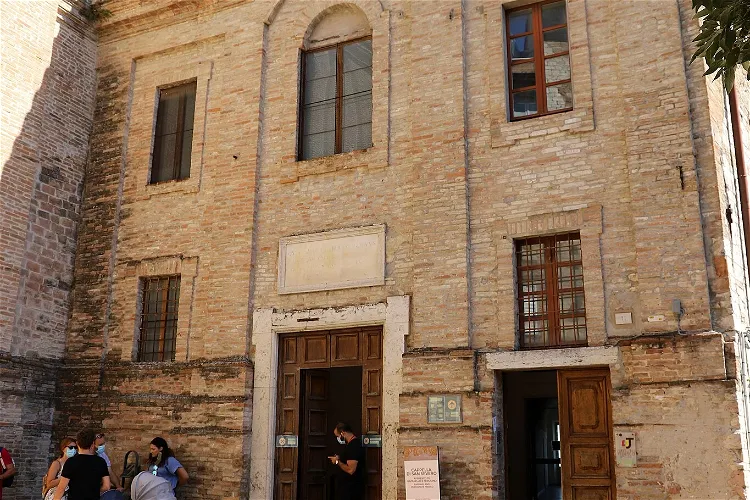Are you interested in the history and impact of religion? These are the top religion museums in Perugia:

Hypogeum of the Volumnus family
PerugiaThe Ipogeo dei Volumni is an ancient Etruscan hypogeum tomb that dates back to the second half of the 2nd century BC. It is located 5 km southeast from the center of Perugia, in via Assisana, Ponte San Giovanni. This historical site offers a unique glimpse into the burial practices of the ancient Etruscan civilization, making it a fascinating destination for those interested in history and archaeology.
National Archaeological Museum of Umbria
PerugiaThe National Archaeological Museum of Umbria, also known as Museo archeologico nazionale dell'Umbría or MANU, is an archaeological museum situated in the heart of Perugia, in the Giordano Bruno square. This museum is a significant cultural institution in the region, offering a comprehensive view of the region's rich archaeological history.
Museo del Capitolo della Cattedrale di San Lorenzo
PerugiaThe Museo del Capitolo della Cattedrale di San Lorenzo, also known as the Museum of the Cathedral of Perugia or the Museum of the Work of the Duomo, is a museum located in Perugia, Italy. It is situated adjacent to the San Lorenzo Cathedral, making it a convenient stop for those visiting the cathedral. The museum was established by the 'Chapter of the Cathedral' and is housed in one of its dependencies.
Cappella di San Severo
PerugiaThe San Severo Chapel is a part of the Camaldolese convent complex, located next to the San Severo church in Perugia. It currently functions as a small museum, housing the fresco of the Trinity and saints, a significant work by Raphael and Perugino. The fresco dates back to the period between 1505 and 1508, when Raphael worked on it, and 1521, when Perugino completed it.